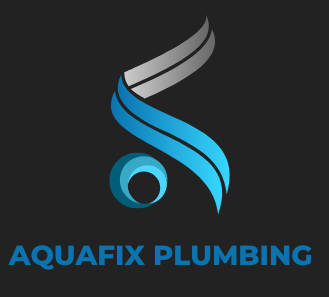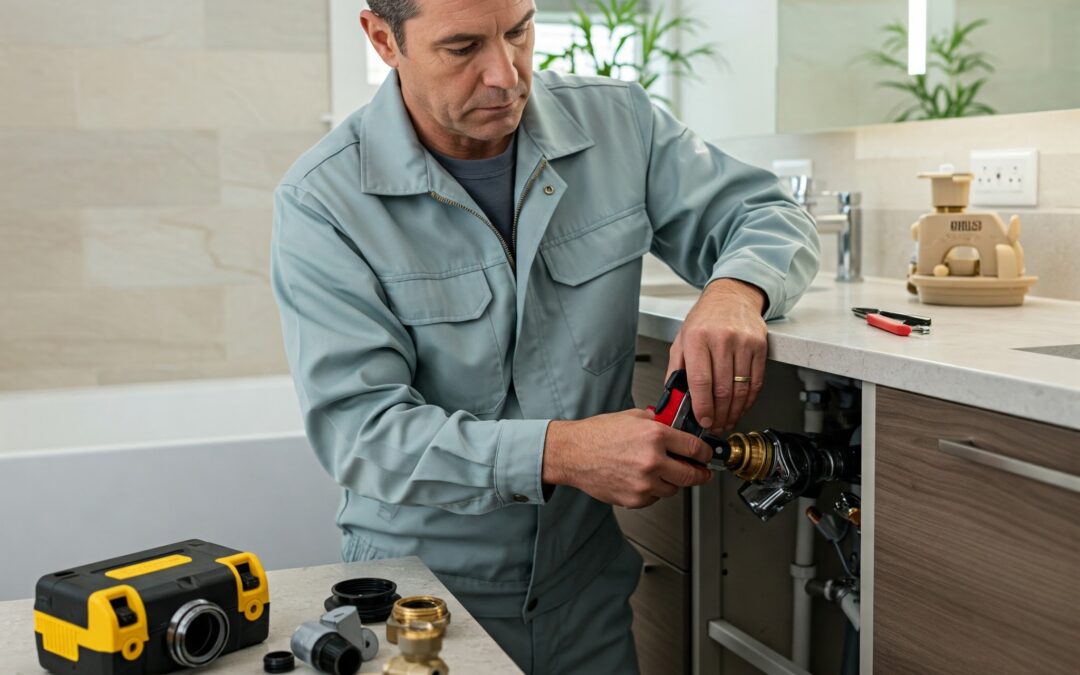Identifying and Fixing Common Kitchen Leaks: A Durban Homeowner’s Guide
A persistent kitchen leak can quickly go from an annoying drip to a costly problem if left unchecked. It can waste precious water, increase your water bills, and even lead to structural damage. Whether you’re looking to handle it yourself or call in a professional, this guide helps Durban homeowners identify common kitchen leaks and fix them promptly.
The Usual Suspects: Common Sources of Kitchen Leaks
Kitchens are full of water connections, making them prime spots for leaks. Here are some of the most common causes we see in Durban homes:
1. The Pesky Tap
A dripping tap is often caused by worn-out washers or O-rings in the tap mechanism. Over time, mineral deposits from local water can also cause seals to fail, leading to that familiar “plink, plink” sound.
2. Sink Strainer Woes
The seal around your sink strainer can degrade with time, leading to slow leaks beneath the sink. This may not be noticed immediately until you spot dampness or mould in the cabinet.
3. The Mysterious Supply Lines
Flexible pipes connected to taps or dishwashers can leak at the connection points. Loose fittings or corrosion can cause these leaks to develop slowly, sometimes going unnoticed until the damage is done.
4. Drainage Dilemmas
Drain pipes can leak due to loose joints, cracks, or blockages. These leaks might start as small drips or develop into larger issues under the sink.
5. Dishwasher Disasters
Leaks from your dishwasher’s water connections (supply hose, drain hose, or internal seals) often show up as puddles on the kitchen floor after a wash cycle.
6. The Silent Fridge Leak (with Ice Maker or Water Dispenser)
Modern fridges with ice makers or water dispensers are susceptible to leaks. Water lines can leak where they connect to the fridge, within internal plumbing, or even due to cracked water filter housings.
Spotting the Signs: Catching Leaks Early
Early detection of kitchen leaks can save you from costly repairs. Here are some signs to watch for:
-
Visible Drips or Puddles: Small, consistent drips can indicate a hidden issue.
-
Dampness or Moisture in Cabinets: Check under the sink and around water connections for dampness.
-
Water Stains: Discolored patches or stains on cabinet floors and walls can signal a leak.
-
Mould or Mildew: Musty-smelling areas under the sink are a common sign of moisture buildup.
-
Increased Water Bills: A spike in your water bill without explanation might indicate a leak.
-
The Sound of Running Water When Taps Are Off: A constant flow of water when the tap is turned off could point to a supply line leak.
When to DIY and When to Call a Pro in Durban
Knowing when to attempt a DIY fix and when to call a professional can prevent unnecessary damage and expense.
DIY-Friendly Fixes
If you’re comfortable with basic tools and plumbing, you can try these common fixes yourself:
-
Tightening Tap Connections: Sometimes, a loose nut or fitting can be the cause. Tighten with an adjustable spanner, but avoid overtightening.
-
Replacing Washers or O-rings: If your tap is still dripping, replacing worn washers or O-rings is a simple fix. Make sure to turn off the water supply before you start.
-
Sealing Around the Sink Strainer: Use plumber’s putty or silicone sealant to repair leaks around the sink strainer. Clean and dry the area before applying.
-
Checking and Tightening Supply Line Connections: Tighten any loose fittings you spot on the tap or appliance supply lines.
When to Call a Professional
Certain situations require professional attention for peace of mind and long-term solutions:
-
Persistent Drips: If the leak continues despite DIY fixes, the cause may be more complicated.
-
Leaks Inside Walls or Floors: If you suspect the leak is within your walls or flooring, it’s best to call a plumber immediately to avoid further damage.
-
Major Leaks or Burst Pipes: If you experience a burst pipe or a significant leak, turn off your water supply and call a professional right away.
-
Dishwasher or Fridge Leaks: Internal appliance leaks often require specialized knowledge and equipment.
-
Drainage Leaks: These can be tricky due to blockages and wastewater pressure. Professional plumbers have the tools and expertise to fix drainage leaks properly.
-
Uncertainty: If you’re unsure about the problem or uncomfortable with the repair, calling a professional is always a safer bet.
Prevention is Better Than Cure: Tips to Minimise Kitchen Leaks
While you can’t prevent every leak, taking a few simple steps can reduce their frequency:
-
Regular Inspections: Check under sinks, around taps, and behind appliances for signs of dampness.
-
Address Minor Leaks Immediately: Small leaks can quickly escalate, so address them as soon as you notice them.
-
Proper Maintenance: Follow the manufacturer’s instructions for maintaining your taps and appliances. Tighten connections periodically.
-
Be Mindful of Drains: Avoid pouring grease, large food scraps, or chemicals down your sink, as these can cause blockages and strain pipes.
-
Consider Professional Inspections: If you’re unsure about the state of your plumbing or have moved into a new home, a professional inspection can catch issues early.
Your Trusted Durban Plumbing Partner
Handling kitchen leaks doesn’t have to be overwhelming. At [Your Plumbing Company Name], we specialize in providing reliable, efficient plumbing services to Durban homeowners. Whether it’s a simple tap leak or a more complicated drainage issue, our expert plumbers are ready to help.


Recent Comments